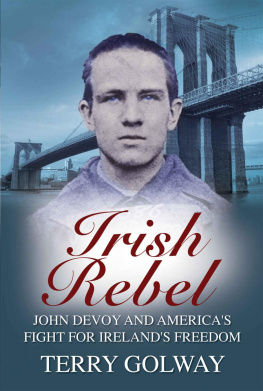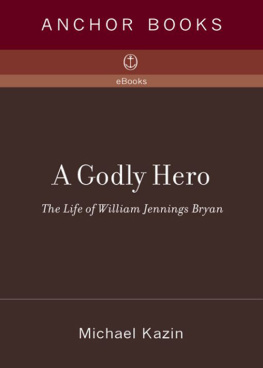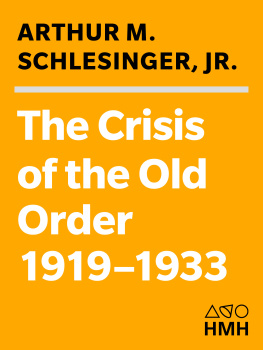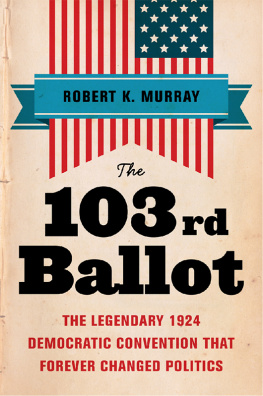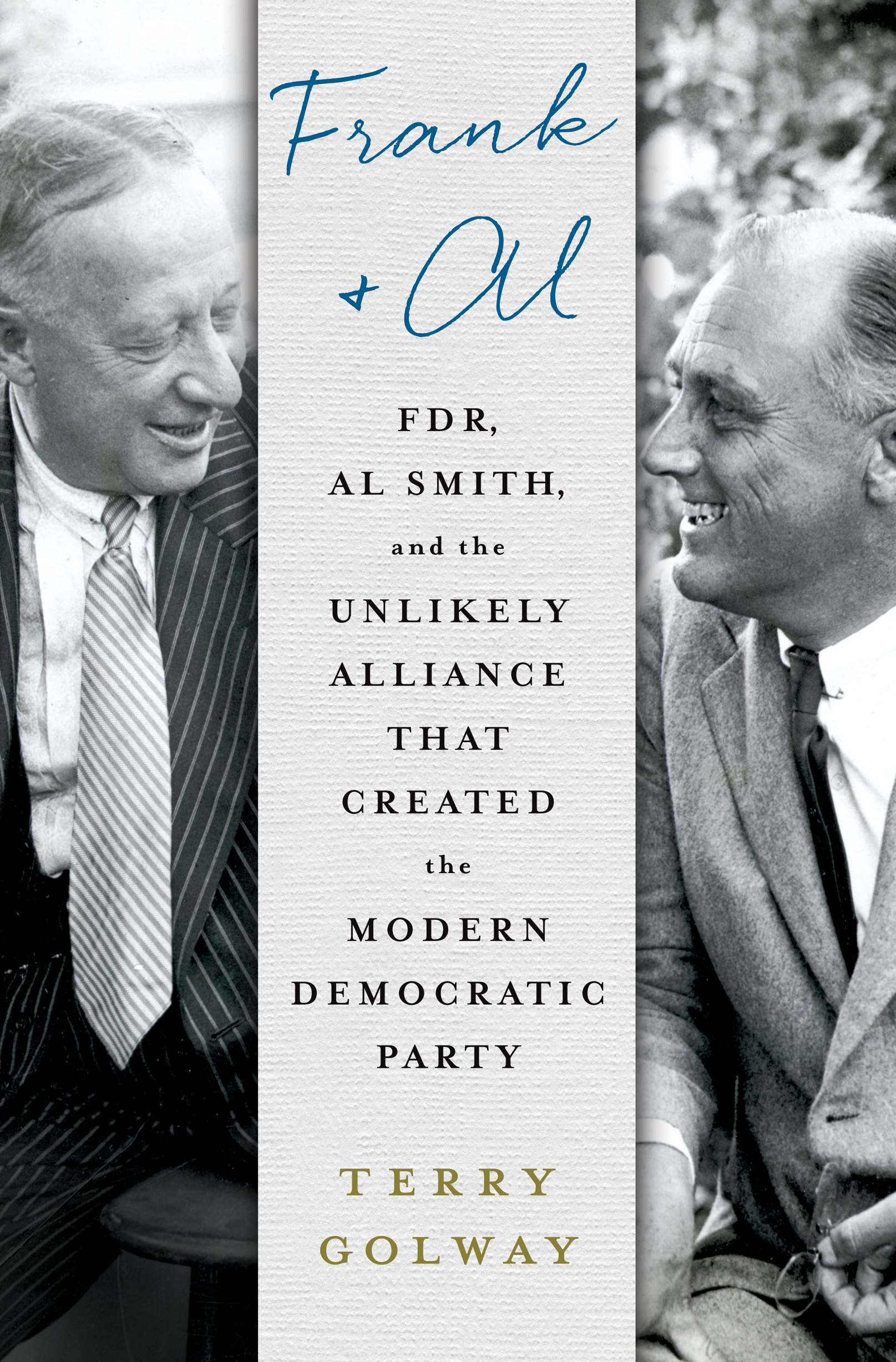Terry Golway - Frank and Al: FDR, Al Smith, and the Unlikely Alliance That Created the Modern Democratic Party
Here you can read online Terry Golway - Frank and Al: FDR, Al Smith, and the Unlikely Alliance That Created the Modern Democratic Party full text of the book (entire story) in english for free. Download pdf and epub, get meaning, cover and reviews about this ebook. year: 2018, publisher: St. Martins Publishing Group, genre: Non-fiction. Description of the work, (preface) as well as reviews are available. Best literature library LitArk.com created for fans of good reading and offers a wide selection of genres:
Romance novel
Science fiction
Adventure
Detective
Science
History
Home and family
Prose
Art
Politics
Computer
Non-fiction
Religion
Business
Children
Humor
Choose a favorite category and find really read worthwhile books. Enjoy immersion in the world of imagination, feel the emotions of the characters or learn something new for yourself, make an fascinating discovery.

- Book:Frank and Al: FDR, Al Smith, and the Unlikely Alliance That Created the Modern Democratic Party
- Author:
- Publisher:St. Martins Publishing Group
- Genre:
- Year:2018
- Rating:3 / 5
- Favourites:Add to favourites
- Your mark:
Frank and Al: FDR, Al Smith, and the Unlikely Alliance That Created the Modern Democratic Party: summary, description and annotation
We offer to read an annotation, description, summary or preface (depends on what the author of the book "Frank and Al: FDR, Al Smith, and the Unlikely Alliance That Created the Modern Democratic Party" wrote himself). If you haven't found the necessary information about the book — write in the comments, we will try to find it.
This is history told the old-fashioned way. The book is only as long as it needs to be, the adroit narrative full of heroes (Smith, Roosevelt, big-city Democratic bosses) and villains (William Randolph Hearst, William Jennings Bryan, the Ku Klux Klan). The scenes are vivid and the anecdotes plentiful. The Wall Street Journal
Frank & Al is the latest of Mr. Golways several captivating books on New York politics. He delivers once again, with a timely narrative on the centennial of Smiths first election as governor. The New York Times
The tangled, tragic story of Al Smith and Franklin Roosevelt is one of the great tales of American politics, and Terry Golway has told it beautifully. This is a joyous book... an especially important book now. Joe Klein
I highly recommend this fascinating and enlightening book. Franklin D. Roosevelt, III
Beautifully written...The book is must reading for anyone interested in the history of American politics and the rise of the countrys welfare state. Robert Dallek, author of An Unfinished Life: John F. Kennedy, 1917-1963
A marvelous portrait... Highly recommend! Douglas Brinkley, author of Rightful Heritage: Franklin D. Roosevelt and the Land of America
The inspiring story of an unlikely political partnershipbetween a to-the-manor-born Protestant and a Lower East Side Catholicthat transformed the Democratic Party and led to the New Deal
In the late 19th and early 20th centuries, the Democratic Party was bitterly split between its urban machinesrepresenting Catholics and Jews, ironworkers and seamstresses, from the tenements of the northeast and Midwestand its populists and patricians, rooted in the soil and the Scriptures, enforcers of cultural, political, and religious norms. The chasm between the two factions seemed unbridgeable. But just before the Roaring Twenties, Al Smith, a proud son of the Tammany Hall political machine, and Franklin Roosevelt, a country squire, formed an unlikely alliance that transformed the Democratic Party. Smith and FDR dominated politics in the most-powerful state in the union for a quarter-century, and in 1932 they ran against each other for the Democratic presidential nomination, setting off one of the great feuds in American history.
The relationship between Smith and Roosevelt, portrayed in Terry Golways Frank and Al, is one of the most dramatic untold stories of early 20th Century American politics. It was Roosevelt who said once that everything he sought to do in the New Deal had been done in New York under Al Smith when he was governor in the 1920s. It was Smith who persuaded a reluctant Roosevelt to run for governor in 1928, setting the stage for FDRs dramatic comeback after contracting polio in 1921. They took their party, and American politics, out of the 19th Century and created a place in civic life for the New America of the 20th Century.
Terry Golway: author's other books
Who wrote Frank and Al: FDR, Al Smith, and the Unlikely Alliance That Created the Modern Democratic Party? Find out the surname, the name of the author of the book and a list of all author's works by series.

